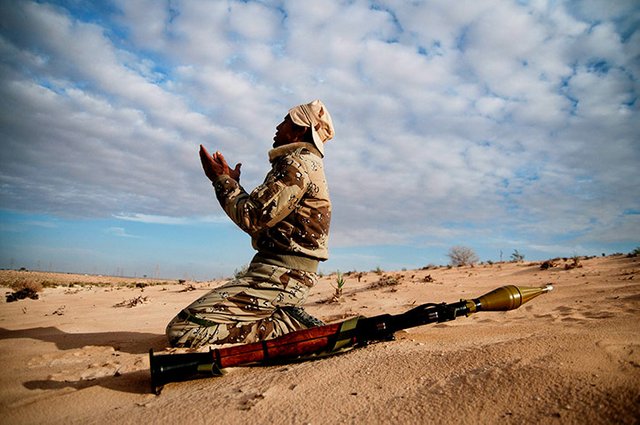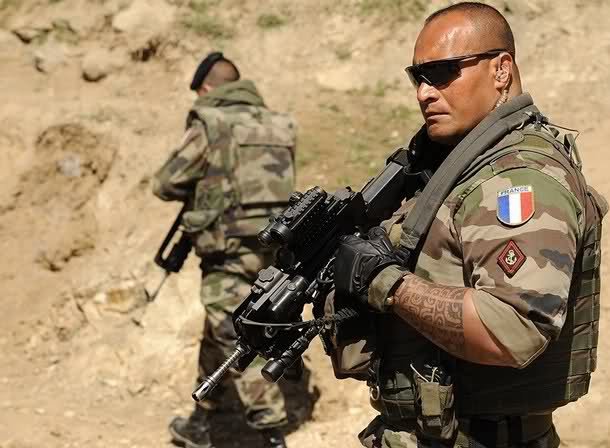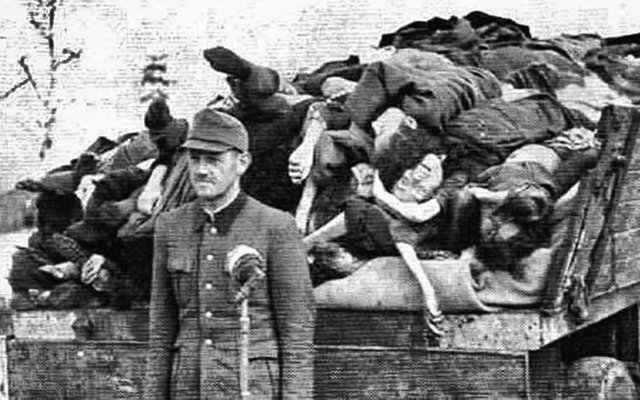Universal Soldier by Buffy Sainte Marie
The song Universal Soldier is to me one of the most iconic anti war songs that has ever been written. Buffy Sainte- Marie wrote the song in the early 1960's in the basement of The Purple Onion Coffee House in Toronto and released on her debut album "It's My Way" in 1964.
The song's lyrics reflect on the idea that individual responsibility for war lies with the soldiers.
The opening verse describes soldiers of different heights, different ages, different times of war, and finally how wars have been waged perpetually throughout human history. Though we are in different times and the tools of war have changed, that doesn't change the outcome of the atrocities perpatrated by these agents of death and destruction.
"He's five feet two and he's six feet four
He fights with missiles and with spears
He's all of thirty-one and he's only seventeen
He's been a soldier for a thousand years"
.jpeg)
The following verse Saint-Marie adds in the various faiths soldiers practice. Each one has its own scriptures against killing, excludng Atheism. She also writes that the fighting is perceived to be in the interest of each other, and of humanity as a whole. Religion has been the cause of war and the crutch some will cling to after they have acted in heinous ways, begging for repentance and savior.
"He's a catholic, a Hindu, an Atheist, a Jane
A Buddhist and a Baptist and Jew
And he knows he shouldn't kill and he knows he always will
You'll for me my friend and me for you"

In the third verse she uses the allegience to and nationality of the soldiers and of the idea that war brings peace. Nationalism and allegience are hard concepts for people to ignore. Today's militarism continues for the same reasons, with increasing evidence that peace will never be won from war.
"And he's fighting for Canada, he's fighting for France
He's fighting for the usa
And he's fighting for the Russians and he's fighting for Japan
And he thinks we'll put an end to war this way"

Following that is the verse,
"And he's fighting for democracy he's fighting for the reds
He says it's for the peace of all
He's the one who must decide who's to live and who's to die
And he never sees the writing on the wall"
.jpeg)
This is to suggest that the reasoning for war on either side is the belief in the system of governance the soldier lives under and participates for. It also highlights the individual responsibility of the soldier for the actions he commits. Murder is no less murder in times of war.
"And he never sees the writing on the wall", adds that sometimes these soldiers are blinded by patriotism, statism, and nationalism. Blinded enough to kill and die for.
This next verse is my favorite because it shows that without those willing to follow orders the atrocities of war, and the lead up to war could have never taken place. A crazy or brutal man shouting orders is one thing, but unless he has followers to commit his brutality he is just a crazy man shouting crazy things. Without them the killing can't go on.
"But without him how would Hitler have condemned him at Dachau
Without him Caesar would have stood alone
He's the one who gives his body as the weapon of the war
And without him all this killing can't go on"

This last verse shows the inescapeable truth that as an individual the blame for the inhumanity rests on the soldier who commits the acts of his commanders. Sometimes those commanders turn out being the politicians and generals, and sometimes they are the cheerleaders of war of the same nation or faith.
"He's the universal soldier and he really is to blame
But his orders come from far away no more
They come from him and you and me and brothers can't you see
This is not the way we put an end to war?

The anti war movement of the 1960's was incredible for the amount of activism it created, though the result was minimal in the real sense. Wars continue to be waged. Men, women, and children continue to kill and be killed for the ridiculous notion of nation states, nation building, religious supremacy and destructive greed.
.jpeg)
Other notable singers have covered this song, including Glen Campbell, The Highwaymen, Chumbawamba, Aimee Allen. The most notable cover was recorded by the artist Donovan in 1965, bringing the song to a new height in popularity.